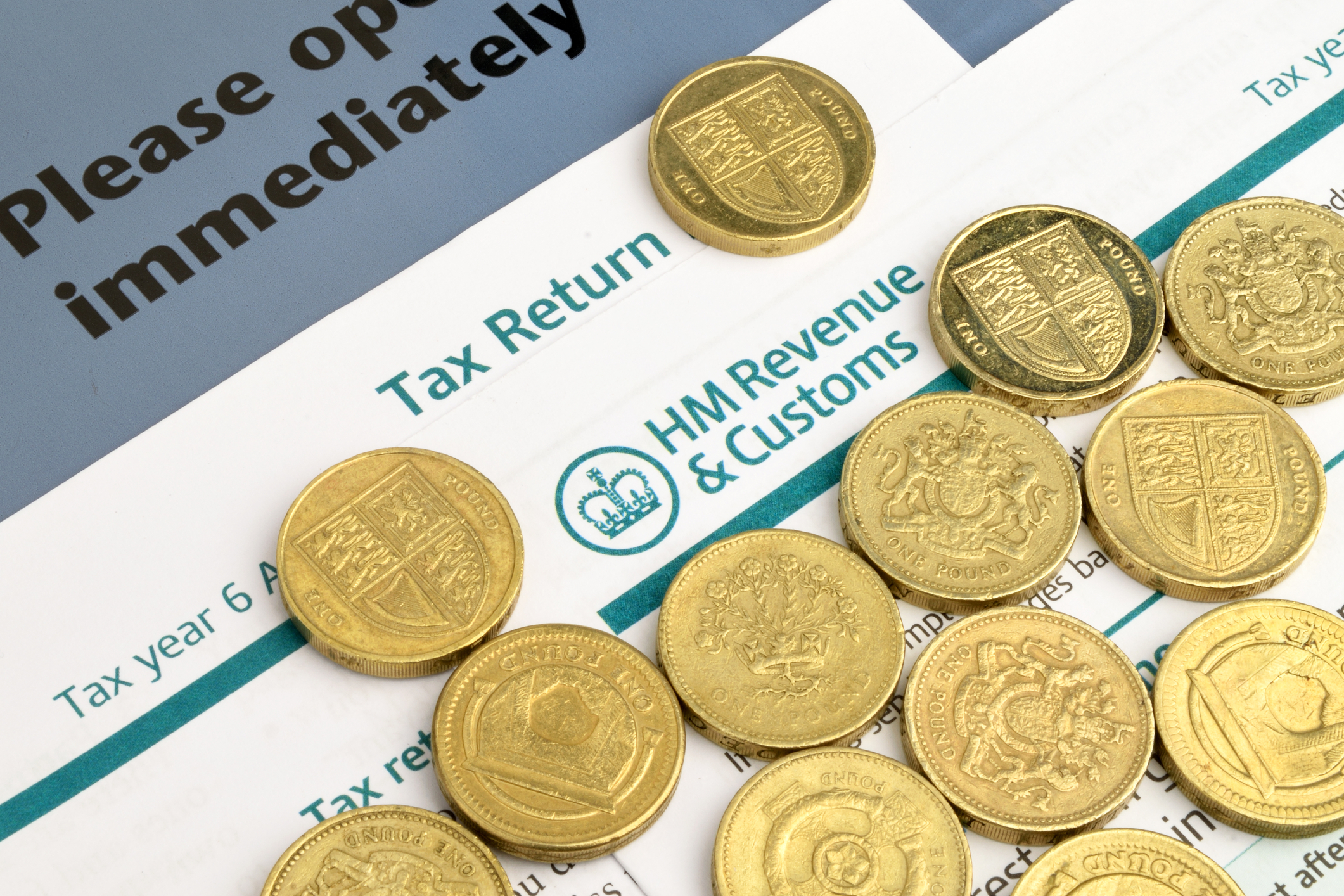Top Tips: to improve your chances at getting a successful payment plan with HMRC
With many business having welcomed the Chancellors recent VAT payment deferral, many businesses are already considering if they need more time to pay HMRC VAT or Self Assessment, as well as considering how the deferred quarter will be paid back. If a business is struggling, HMRC offer a time to pay service. This is not new and has been in place for several years. HMRC usually do not allow a payment plan for late tax payments to extend beyond 12 months. Anything proposed longer than this is often rejected. However, Coronavirus/Covid 19 has allowed increased flexibility, but applications for this service are being assessed by HMRC on a case by case basis.

This service can be applied for online via government gateway and also by telephone. It is likely you will have to speak to HMRC at some point and you maybe on hold for some time (if you can get through!) so Altion Law have included our top tips to increase the chances of having a payment plan approved at this time. This includes both requests for Self-Assessment payments and other business related Taxes such VAT, NI and Corporation Tax.
Make sure you have the following information to hand:
- Your reference number (for example, your 10-digit Unique Taxpayer Reference or VAT reference number)
- The amount of the tax bill you’re finding it difficult to pay and the reasons why. This needs to be specific, ensure you can provide examples such as % reduction in sales, clients asking for more time to pay invoices etc.
- What action you have already taken to try to get the money to pay the bill.
- You should consider your financial position and assess how much you can pay immediately and how long you may need to pay the rest. Proposing an upfront part payment is likely to increase your chances of approval. Anything proposed over 2 years is still likely to be a problem, 12-24 months is the max that is realistic.
- The bank account details that the payments would usually be made from.
What will HMRC ask me?
HMRC will ask questions to understand your income and expenditure. They will want to understand your assets, savings and investments or the assets of the business, if you are considering to need more Time to pay HMRC VAT or Self Assessment.
HMRC will want a record of what action is being taken to get your tax payments back in order. If these are personal taxes, you will need to show you are reducing expenditure and outgoings. HMRC may ask for evidence to show action has been taken. Cancelling of ‘non-essential’ expenditure is likely to be necessary!
If you have used Time To Pay before or are on a payment plan, your case will be reviewed in more detail. Covid 19 Government support packages have been announced to support viable businesses that are suffering short term effects. If you have used this service in the last 12 months because your business was already in financial difficulty and Covid 19 is compounding these issues, you may want to call our team.
For a confidential free discussion, call us today on 01908 414990, alternatively emails us at Hello@altion-law.co.uk or complete our Free Enquiry Form and we will call you back.
Complex cases
In more complex cases HMRC will ask for evidence before they make a decision but decisions should be relatively quick. If HMRC decide you should be able to pay immediately be prepared that HMRC will ask to take payment over the phone by Direct Debit or debit card. Personal credit cards are not accepted. Before calling, make sure funds are available to make any immediate upfront payments.
HMRC can in some cases suspend interest on payment plans but it is more likely you’ll have to pay interest on the amount you pay late. It is very important these payments are kept up to date and all other taxes are paid. Non-payment will result in HMRC cancelling the arrangement and taking legal action against you straight away.
What will happen if HMRC decline my request for more time to pay?
If HMRC decline your request, you will be expected to pay your tax bill straight away. If you do not do this, HMRC will start ‘enforcement action’ to get the money from you.
- HMRC will collect what you owe through your earnings or pension
- HMRC will instruct debt collection agencies to collect the money
- If you live in England, Wales or Northern Ireland, HMRC can take things you own and sell them .
- If you live in England, Wales or Northern Ireland, HMRC can take money directly from your bank account or building society
- HMRC can also take you to court. HMRC can make you bankrupt or close down your business.
Altion Law are specialists at advising and representing parties who need legal assistance in relation to HMRC. If you receive a letter relating to HMRC enforcement actions or paying overdue taxes, or would just like to have a confidential discussion with a member of our team.
For a confidential free discussion, call us today on 01908 414990, alternatively emails us at Hello@altion-law.co.uk or complete our Free Enquiry Form and we will call you back.
- What Happens If You Are Suspected of Serious Tax Fraud?
- If I Am Criminally Investigated by HMRC for Tax Fraud What Happens ?
- What Powers Does HMRC Have To Investigate Tax Fraud?
- Can HMRC Use Intrusive Surveillance?
- What is HMRC’s Criminal Investigation Policy?
- Why is HMRC Using the Criminal Prosecution Route More Often?
- When Will HMRC Will Carry Out A Criminal Rather Than Civil Investigation?
